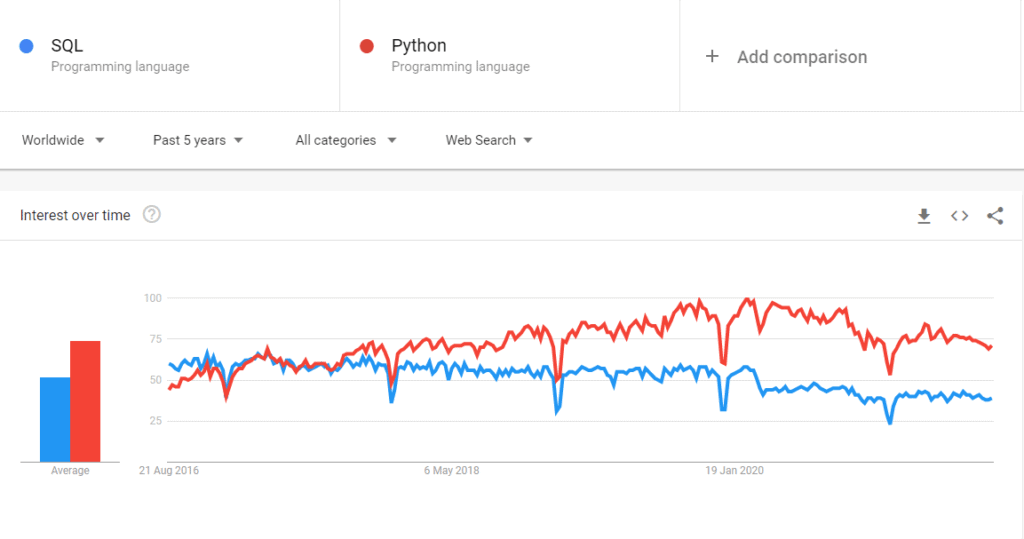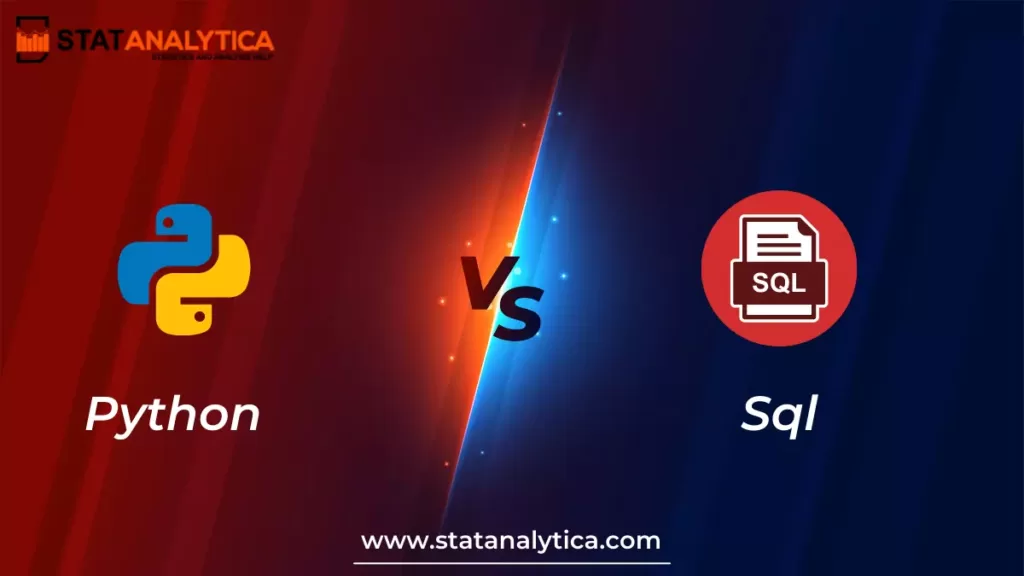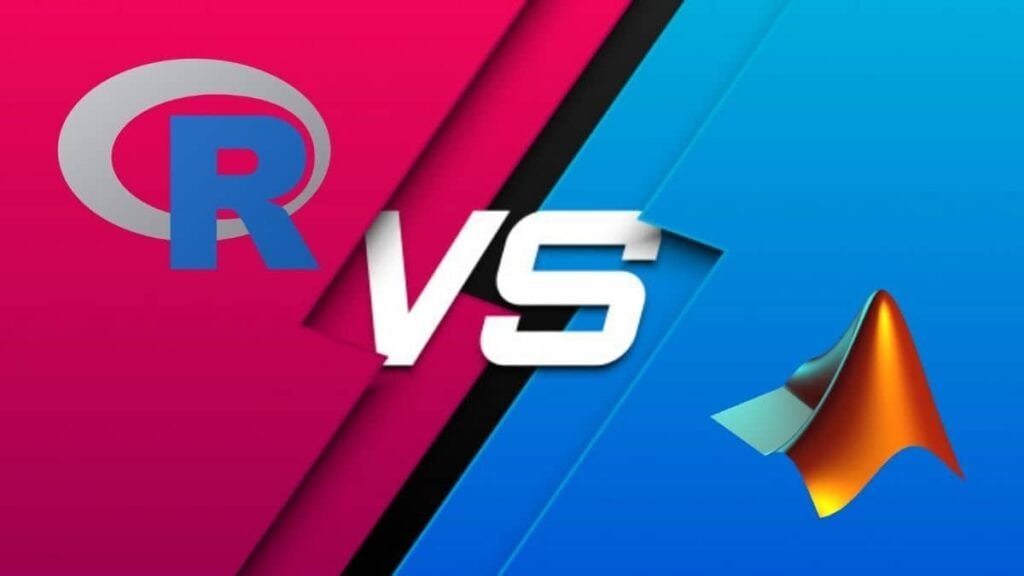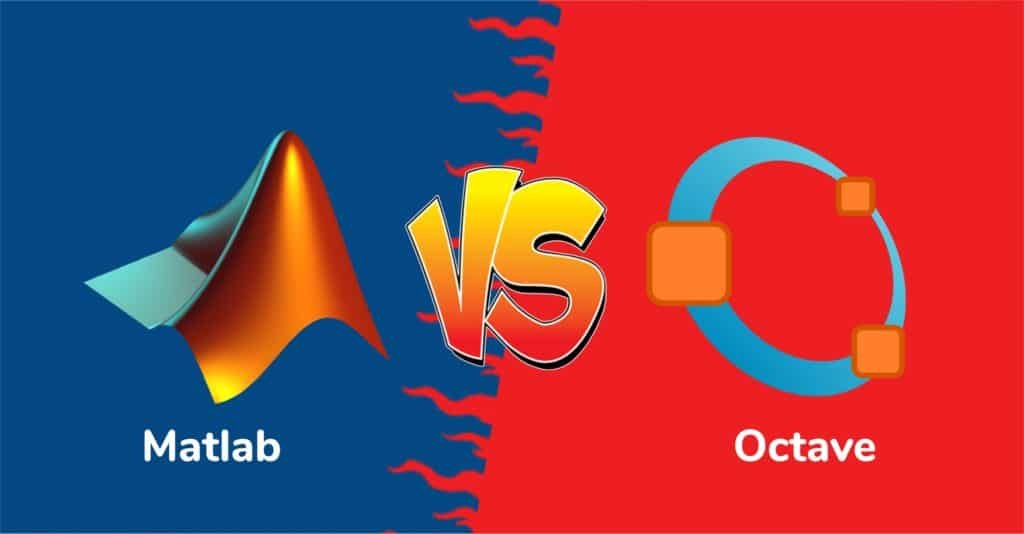When we talk about Python vs Sql, both languages are developed to perform different tasks. The main difference is that SQL is a query language primarily used to gather, manipulate, and extract the database. On the other hand, Python is a general-purpose programming language that allows data experimentation that is used to develop mobile applications, various web applications, artificial intelligence, etc. So in this blog, we will take a look at both of these languages, how they differ, and how they can be used together to get better results for a programmer. So let’s start with briefing both the languages and then we will move to Python Vs SQL.
Python..!!
Table of Contents
Python is a well-known programming language for creating great web apps and websites. Python is a computer language with a large number of features and the ability to be extended. Many programmers consider Python to be more powerful than other programming languages such as Java and C++. Python is the Finest programming language because it can create practically anything with the correct tools and libraries. It’s a programming language that’s easy to learn, elegant, and readable.
As a result, learning it is relatively simple. This language can be easily understood by a beginner. That’s the reason the programmer feels very comfortable working with it. If you are a beginner, you should be aware that both languages have unique features. We will address the SQL tuning services argument in order to assist you accurately.
As we all know, Python is the fastest-growing and most likely programming language around the world. A high-level, general-purpose programming language has a wide range of real-world applications. Python allows programmers to work and integrate systems more efficiently, which makes it more powerful and demandable.
Python’s syntax, which focuses on readability, allows a programmer easy to code with minimum lines. Python’s effective typing, built-in data structures, powerful libraries, frameworks, and community support are just a few characteristics that make it interesting for quickly creating any application and website very easily.
Before going through SQL, you need to know what the database is?
A (DBMS) Database Management System is a software program that stores and retrieves data for users while maintaining proper security. It’s made up of a collection of programs that work with databases. The DBMS examines a data request from an application. It advises the operating system to provide the data. Using DBMS, users can build their own databases. The “DBMS” refers to application programs. It serves as a connection between the data and the software program.
Here is a list of several well-known database management systems:
- MySQL
- Microsoft Access
- Oracle
- FoxPro
- SQLite
- IBM DB2
- LibreOffice Base
- MariaDB
- Microsoft SQL Server
- PostgreSQL
- dBASE
SQL..!!
We used to store data on papers earlier, but eventually, now we used to store data online and what we called a database. Whenever we talk about databases, the only word that comes to mind is SQL. In earlier times, people need to maintain data in hard copy files. They are very difficult to maintain, so we need a platform that can be easily accessible, manipulated, and updated.
A database is a platform where we store various types of data. Data can be a record of a company employee or student’s data in a college. So to maintain this data, we need a language to make changes. Here programmers introduced SQL, i.e., Structured query language. SQL is a language that is needed to communicate with databases. If you want to edit, modify, or any changes, you need to do with your database. You need a language that is SQL.
SQL is used for expressing your database requirements. The various types of SQL databases are listed below.
MySQL: This database contains tables that are linked to each other in some way. It is the default configuration for all WordPress installations and is pronounced “My Sequel.”
PostgreSQL: Also known as Postgres, this sort of database is designed for more advanced developers. Consider it a more rugged version of MySQL.
SQLite: As a manageable and tiny SQL database, SQLite is best used for simple application testing.
Also Read
- Best Ever Strategies On How To Be Good At Math by Experts
- Types of Marketing: Everything You Need to Know About
- Why Marketing Is Important In Business: Experts Key Points
Benefits of using SQL and Python
It doesn’t matter if you’re using SQL or Python. Every programming language has its own set of assets. SQL was Developed to query and extract data. One of its most powerful features is the ability to combine data from multiple tables inside a database. Higher-level data manipulations and transformations, such as regression tests and time series, are impossible with SQL. Pandas, a Python-specific package, perform data analysis more manageable. As a result, you may use SQL to retrieve data and then use Python to edit the structured data. Let’s look at Python vs SQL now that we’ve examined how both languages might complement each other.
What’s the difference: Python vs SQL?
When comparing Python with SQL, the fundamental distinction is that SQL is a query and retrieval language, whereas Python is a programming language. Python, on the other hand, is primarily a data processing, manipulation, and experimentation language. The great majority of the time, a data analyst should expect to use SQL. On the other hand, Python is frequently used for activities other than data wrangling (the process of programmatically changing data into a format that is easier to deal with), such as statistics or API(application programming interface.) work.
Python vs SQL: Major differences in tabular form
| Parameter | Python | SQL |
| Basic Overview | Python is a high-level programming language commonly used for data analytics, web development, prototyping, and other technical activities. This language designs with a high level of data structure and dynamic typing to make the application development process go more quickly. It doesn’t matter if it’s developed using cutting-edge technology, as long as it lowers the cost of program maintenance. | SQL is an open-source relational database management system that anybody, from a complete beginner to a skilled data scientist working on a project, may readily download and use. |
| Versions | Python 2Python 3 | MySQLSQLitePostgreSQL |
| Ease of learning | Productive, versatile, and high coding scope | Ease of learning |
| Library | Numerous library available | No library available |
| Compatible with | Compatible to work with each website available on the internet | Compatible with mobile and desktop-based application |
| Qualification | This language requires students to at least pursue a computer engineering or software engineering degree. Get the basic knowledge of the fundamentals of other programming languages. | Individuals with a bachelor’s degree in computer information systems, computer engineering, or any IT-related primary domain such as B.E./B. Tech/MCA can able to start a career in SQL. |
| Course you can take | Python Fundamentals (Coursera)Python for Applied Data Science (Coursera)Python as a Data Science Tool (Edx)Python Programming Fundamentals (Edx)A Python Crash Course (Coursera)Programming in Python 3 (Coursera) | Data science with SQL (Edx)Learn the fundamentals of SQL for data science (Coursera)SQL and advanced relational databases (Coursera)SQL & intermediate relational database (Coursera)The Basics of SQL (Coursera) |
| Career | Students who complete the Python certification course have various job opportunities. It includes a Python developer, product manager, data analyst, and machine learning engineer. Learning Python for data science might help you set the bar and land a job at the world’s largest social media platform: FACEBOOK. | SQL job routes such as Business Intelligence specialists, SQL Server Database Administration and Development, and Data Science will support a successful SQL career path. |
Python vs SQL
Data nowadays comes in a variety of shapes and formats, and it isn’t always associated with relational databases. Data can be found as CSV files, plain text, on the web, and in a variety of other formats. Python’s extensive toolkit of libraries shines in this confusion of data.
Python is a good programming language for quick and iterative data exploration, thanks to its extensive set of support libraries and associated platforms. Python’s modules cover everything from data visualization to statistical analysis, making it simple for developers to get started with data analysis and pattern recognition.
Companies frequently ask for SQL Editor expertise because they store their data in a relational database and want data scientists to access it. However, after you’ve retrieved the data you need for a specific activity, SQL’s duty is essentially over.

Python Vs SQL: Is SQL Better Then Python?
As a developer, SQL specializes in allowing you to smoothly connect (or merge) multiple data sets. Python is especially well suited for structured (tabular) data that can be obtained with SQL but then requires further manipulation that would be difficult to accomplish with SQL alone.
Example: Python Vs SQL
Assume you have a database table called “Universities” that contains data about a number of colleges—millions of records Contained in a table, each representing a separate College. Name, City, address, fee structure, contact information, and so on would be included in each row. Let’s have a look at how we can query this dataset using Python Vs SQL.
In SQL, you can retrieve all the colleges with the statement SELECT* FROM universities. Similarly, to retrieve the first ten colleges, you can use SELECT* FROM universities LIMIT 10. You can also get the names of all the colleges located in Delhi with the SQL statement SELECT Name FROM universities WHERE City = ‘Delhi’.
The following statements can be used to extract the same information in Python using “Pandas”:
All Colleges: Universities
First ten Colleges: Universities.head(10)
Colleges in Delhi: Universities[universities.City = = ‘Delhi’].Name
You’ll notice that the two languages are much similar in the example above. However, as we construct more complicated queries, things begin to change.
Can you expect a good salary package in Python and SQL domain?
Yes, you should expect it as SQL is one of the oldest domains that is always in high demand. Apart from this, Python is another programming language that has come forward by biting the most trending languages like Java, C++, and more.
As per the payscale, we can see that Python offers more salary in the USA as compared to SQL. But if we see them as individuals, then it is undeniable that both offer a handsome salary to the skilled person. This means pursuing a career in either of the domains can be a good decision.
Which should I learn first: Python or SQL?
If you are still undecided about which programming language to learn first (Python vs SQL), let us break it down for you in simple words. SQL is the industry standard for data re-correction. On the other hand, Python is a well-scripted language designed for developing desktop and mobile applications.
Several industry professionals feel that SQL is a fairly standard language and easy to get started with. That isn’t to say that Python should not be the first language you learn if you want to work in data science. Python is a language, and SQL is its basis.
Furthermore, having a basic understanding of SQL in data science can quickly take you to the Python language’s conceptual journey. Having a solid knowledge of two main programming languages might help you earn the title of data scientist from people or companies.
That is why it ultimately depends on you which programming language you should go with. Take your decision as per the requirement.
Python Vs SQL: Which One Is Best To Start First
We believe that studying SQL is the best choice to start. Suppose your primary work is not related to data analysis. SQL is a must-have technology for any form of data retrieval from relational databases. Even though the SQL query is ten times larger than the same Python script, it feels easier to execute because it is written in English. Remember that learning is more time-consuming and complicated than typing. Try rewriting some of the same reasoning in Python using Pandas.
If you have a reasonable understanding of SQL, at least build a query that joins two tables together. Learn as much as you can to succeed. You’ll be ready to take on tasks like back-end programming, data analysis, scientific computing, artificial intelligence, and more if you have a thorough understanding of the two languages.
Let’s check the top 3 questions that you might look to get answers
Is SQL considered to be a programming language?
Yes, SQL (Structured Query Language) is a database manipulation language that can use to perform basic CRUD functions. Many companies have now resorted to SQL to extract maximum amounts of insights from massive amounts of data.
What opportunities exist in India for Python programmers?
Python has vastly exceeded many other languages due to its rising popularity and ease of learning and use. The Python language’s popularity has risen by about 40%, which has resulted in a large increase in professional prospects.
What is the greatest online data science course platform?
In India, there are a variety of online platforms that provide data science courses. Among them are the following:
- IMS Proschool.
- Jigsaw Academy .
- Edvancer.
- Edureka.
- Imarticus Learning.
Conclusion
We hope this blog has given you some knowledge about Python vs SQL. Both programming languages are essential in a programmer‘s professional life. There are a few basic points suggested in the blog that you should be aware of. With a few exceptions, we can see that SQL is suitable for relational databases. However, it might still be a useful tool for beginners. Many new features have been added to SQL over the years to increase its object-oriented capability. Python is a flexible and effective programming language with a wide range of uses. Its broad reach can be ascribed to its large collection of data science python libraries, each of which serves a particular purpose.
Is SQL or Python harder?
SQL is a simpler language than Python. The syntax is simpler, and the number of concepts is reduced. But it doesn’t really matter. SQL is harder to use as a tool than Python scripting.
Is SQL faster than Python?
If the process is mainly concerned with SQL, fetching, and filtering data, it will be faster than code written in a host language such as Python. Because of the expense of transporting data from the database’s memory to the host language application’s, this will be true the more data that needs to be processed.


